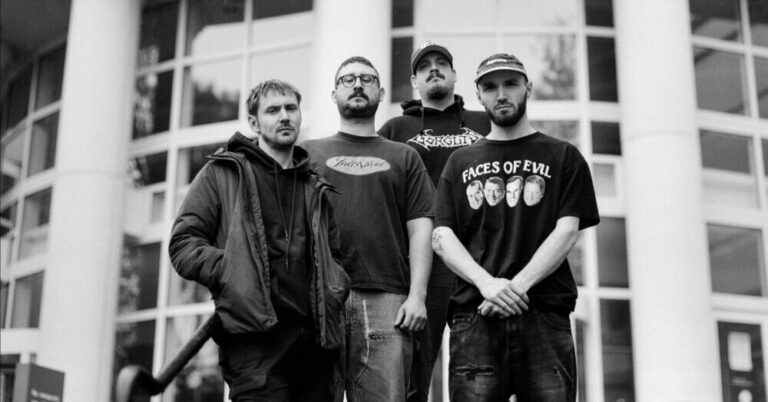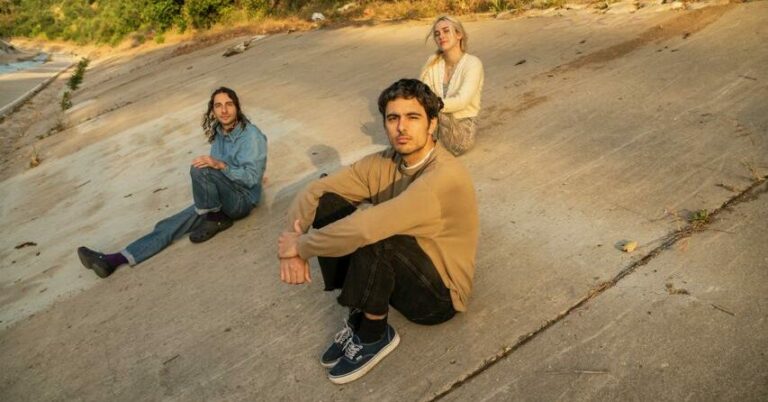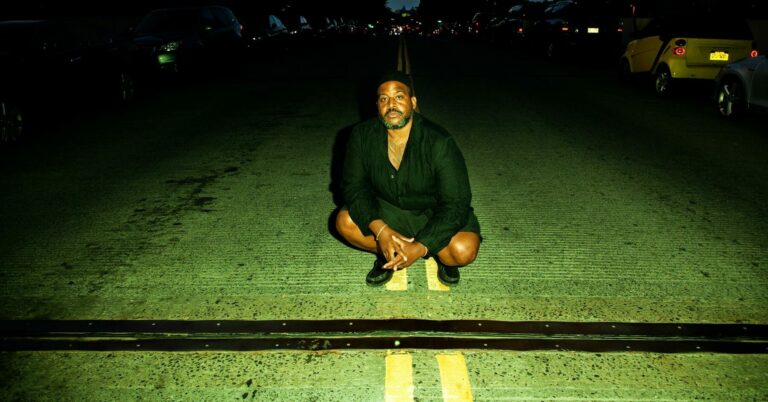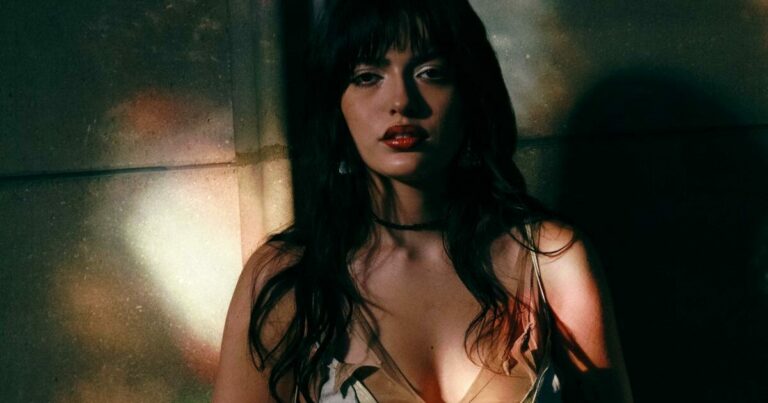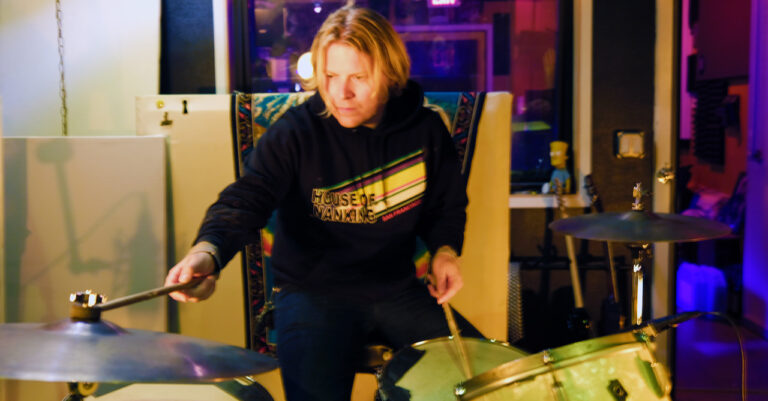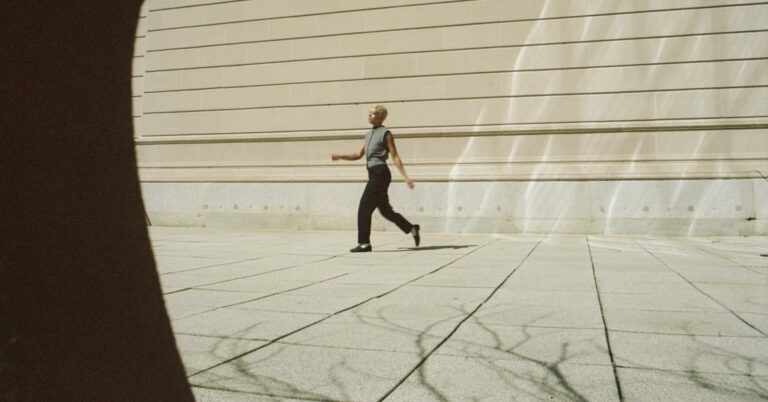Staying safe under the summer sun is more than just a seasonal concern; it’s a vital aspect of maintaining healthy skin. Whether you’re soaking up rays at the beach, enjoying a hike, or simply relaxing in your backyard, protecting your skin from harmful UV rays is crucial. This blog post offers essential tips and insights on how to safeguard your skin, ensuring you can enjoy the outdoors without compromising your health.
Understanding UV Rays and Their Impact on Skin
Ultraviolet (UV) rays from the sun are a significant cause of skin damage. UV radiation is divided into three types: UVA, UVB, and UVC. While UVC rays are mostly absorbed by the earth’s atmosphere, UVA and UVB rays penetrate the skin, leading to various forms of damage. UVA rays are responsible for premature aging, causing wrinkles and age spots, while UVB rays are the primary cause of sunburn. Overexposure to both types can increase the risk of skin cancer, making it imperative to protect your skin effectively.
Wear Protective Clothing
One of the most effective ways to shield your skin from the sun is by wearing protective clothing. There are sun shirts for women and men, and other types of UV-protective clothing that are lightweight, breathable, and comfortable to wear. These garments have a UPF (Ultraviolet Protection Factor) rating, which indicates the amount of UV radiation they block. They are especially beneficial for outdoor activities, as they provide consistent coverage without the need for reapplication like sunscreen. Opting for darker colors can also enhance protection, as they absorb more UV radiation compared to lighter shades.
Apply Sunscreen Regularly
Sunscreen is an essential tool in your sun protection arsenal. It works by absorbing, reflecting, or scattering sunlight, thereby preventing harmful UV rays from penetrating the skin. For optimal protection, choose a broad-spectrum sunscreen with an SPF (Sun Protection Factor) of at least 30. Apply it generously to all exposed skin areas, about 15 minutes before going outside, and reapply every two hours, or more often if swimming or sweating. Don’t forget often-missed spots like the ears, neck, and tops of the feet.
Seek Shade and Avoid Peak Sun Hours
Another effective strategy to minimize UV exposure is seeking shade, especially during peak sun hours between 10 a.m. and 4 p.m. During these hours, the sun’s rays are the strongest and can cause the most damage. If you must be outdoors during this time, try to stay under trees, umbrellas, or canopies. Planning outdoor activities for the early morning or late afternoon can also reduce the risk of sunburn and long-term skin damage.
Wear Sunglasses to Protect Your Eyes
Your eyes are just as susceptible to UV damage as your skin. Prolonged exposure to UV rays can lead to cataracts, macular degeneration, and other eye conditions. Wearing sunglasses that block 100% of UVA and UVB rays can significantly reduce these risks. Look for sunglasses labeled with “UV400” or “100% UV protection.” For those who need vision correction, prescription safety glasses with UV-blocking lenses provide both clear vision and reliable protection from harmful rays.
Stay Hydrated
Hydration plays a critical role in maintaining healthy skin, especially when exposed to the sun. Drinking plenty of water helps keep your skin hydrated and can prevent heat-related illnesses like heat exhaustion and heat stroke. Aim to drink at least eight glasses of water a day, and increase your intake if you’re spending extended periods outdoors or engaging in physical activities. Eating water-rich foods such as fruits and vegetables can also contribute to your overall hydration.
Monitor Your Skin for Changes
Regularly checking your skin for changes is an essential part of skin health. Pay attention to new moles or growths and any changes in existing moles, such as alterations in size, shape, or color. Early detection of skin abnormalities can lead to more effective treatment and better outcomes. If you notice any suspicious changes, consult a dermatologist promptly. Annual skin checks by a professional are also recommended, particularly for individuals with a history of skin cancer or those at higher risk.
Taking proactive steps to protect your skin from harmful UV rays is vital for maintaining skin health and preventing serious conditions such as skin cancer. By understanding the impact of UV radiation and incorporating protective measures like wearing sun-protective clothing, applying sunscreen, seeking shade, wearing sunglasses, staying hydrated, and monitoring your skin, you can enjoy the summer sun safely. Remember, your skin is your body’s largest organ, and safeguarding it should always be a priority. For personalized advice and tips, consider booking a consultation with a skincare professional who can guide you on the best practices for your specific skin type and lifestyle. Stay sun-safe and enjoy the radiant days ahead!


